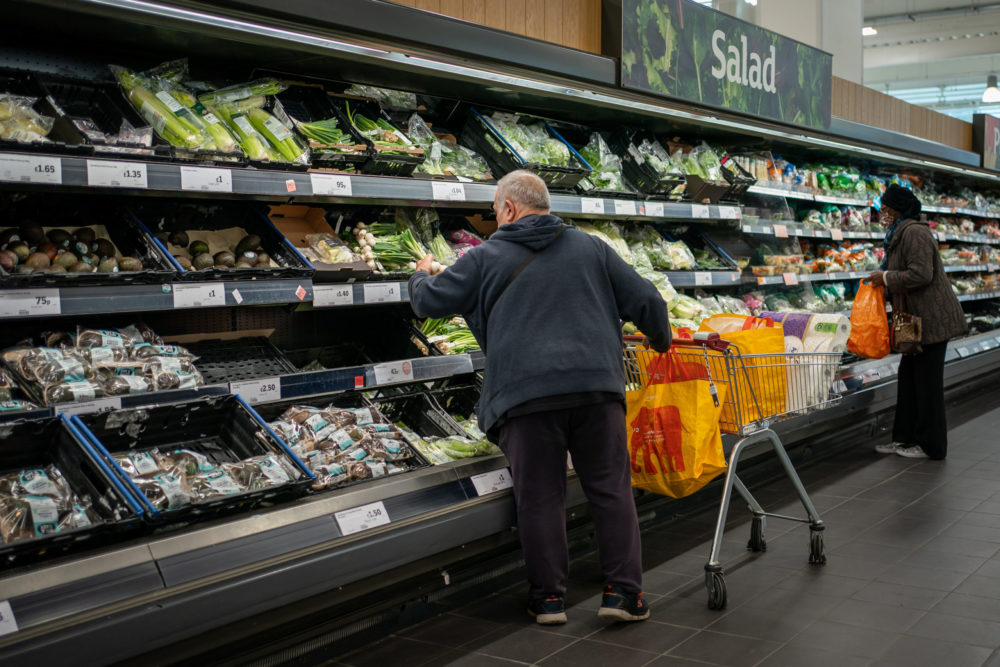Food prices to rise by 4.2% this year amid increased costs, industry warns

Food prices will rise by an average of 4.2% in the latter half of the year as retailers battle £7 billion of increased costs from the Budget, the industry has warned.
British Retail Consortium (BRC) chief executive Helen Dickinson said modelling by the trade association and industry chiefs said there was “little hope of prices going anywhere but up” as retailers faced higher national insurance (NI), National Living Wage and new packaging costs.
Budget
Ms Dickinson said: “As retailers battle the £7 billion of increased costs in 2025 from the Budget, including higher employer NI, National Living Wage, and new packaging levies, there is little hope of prices going anywhere but up.
“Modelling by the BRC and retail chief financial officers suggest food prices will rise by an average of 4.2% in the latter half of the year, while non-food will return firmly to inflation.
“Government can still take steps to mitigate these price pressures, and it must ensure that its proposed reforms to business rates do not result in any stores paying more in rates than they do already.”
The latest BRC-NielsenIQ Shop Price Index shows shoppers benefited from a December marked by lower inflation than last year and bigger discounts amid warnings both are likely to “become a thing of the past”.
Shop prices overall were 1% lower in December than a year earlier, a deepening of November’s 0.6% deflation.
Prices of products other than food were 2.4% cheaper in December, the deepest deflation since April 2021, although this was influenced by later Black Friday discounting this year.
Fresh food
Food prices overall were unchanged at 1.8% higher than a year ago – the lowest since November 2021 – as was fresh food inflation at 1.2%, although ambient food inflation edged up to 2.8% from 2.7% in November.
Ms Dickinson said: “Retailers discounted heavily for Black Friday this year as they attempted to make up for weaker sales earlier in the year.
“However, the later Black Friday timing brought many of the non-food discounts into the measurement period, making non-food prices look more deflationary than the underlying trend.
“With food inflation bottoming out at 1.8%, and many price pressures on the horizon, shop price deflation is likely to become a thing of the past.”
Mike Watkins, head of retailer and business insight at NielsenIQ, said: “During December, shoppers benefited from both lower inflation than last year and bigger discounts as both food and non-food retailers were keen to drive sales after a slow start to the quarter.
“However, higher household costs are unlikely to dissipate anytime soon so retailers will need to carefully manage any inflationary pressure in the months ahead.”
The BRC-NielsenIQ report follows figures from analysts Kantar this week showing inflation across supermarkets jumped from November’s 2.6% to 3.7% in December – its highest level since March.
Support our Nation today
For the price of a cup of coffee a month you can help us create an independent, not-for-profit, national news service for the people of Wales, by the people of Wales.






Is this what restoring stability to people’s cost of living looks like ? More like we’re in for a hell of a ride for a good while.
The government finances were completely unsustainable (£120 billion deficit!), tax rises had to happen – whether VAT, income or NIC. All of which would have hit cost of living. The sad reality is the UK has a good 5-10 years of stagnation